Revolutionizing Orchard Management: The Power of Drone Spraying Technology
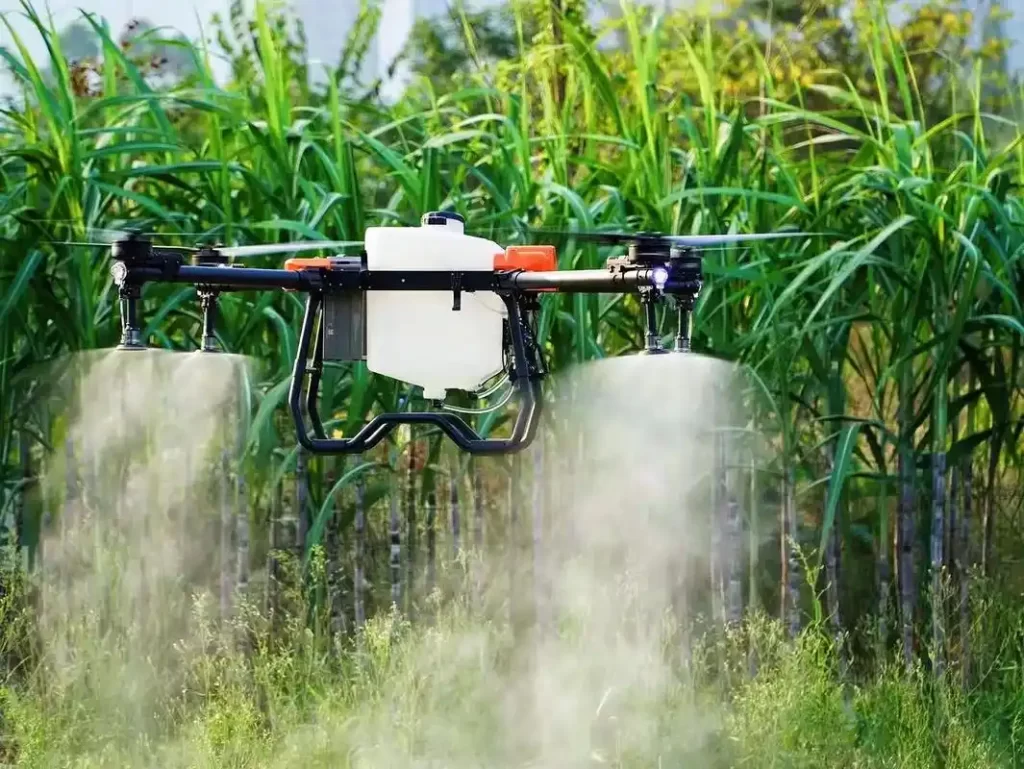
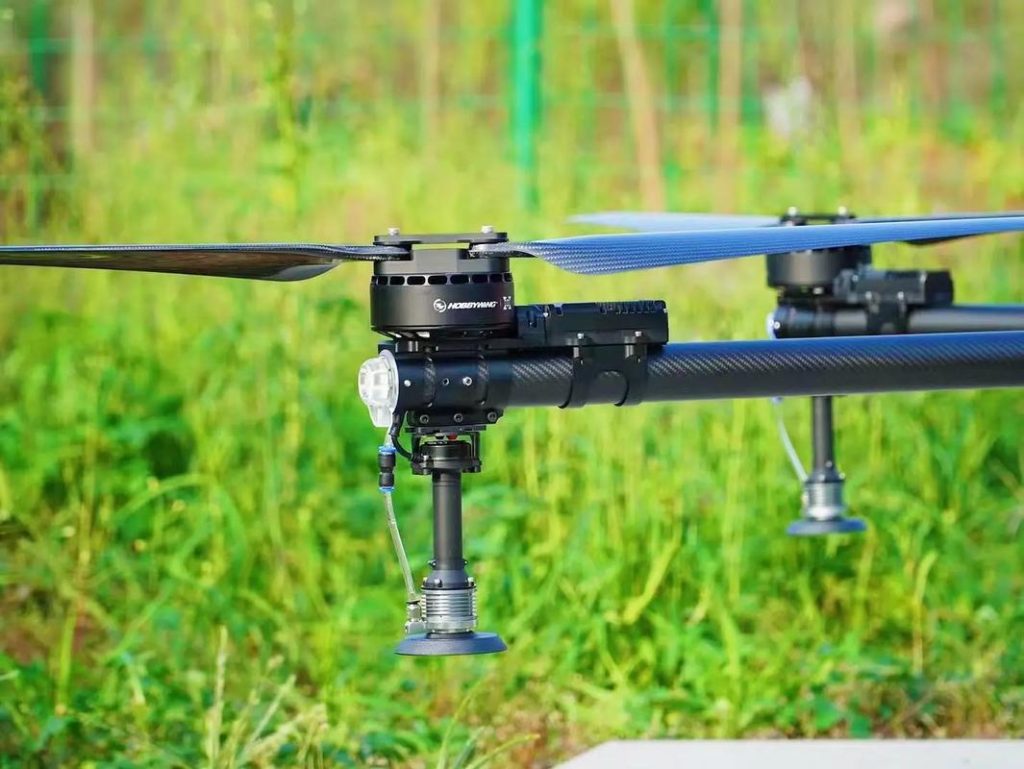
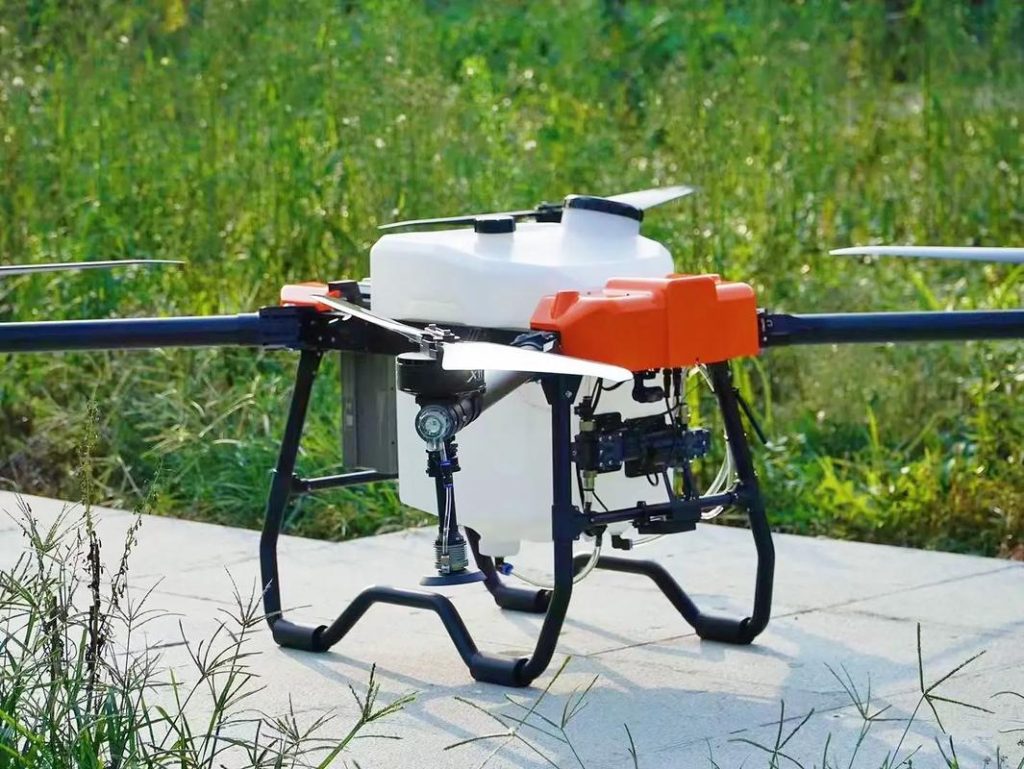
Modern agriculture is undergoing a transformative shift, and nowhere is this more evident than in the management of orchards. Traditional methods of crop spraying—manual labor or tractor-mounted systems—are increasingly being replaced by advanced orchard drone spraying solutions, a technology that combines precision, efficiency, and environmental sustainability. This article explores how drone spraying is reshaping orchard management and why it has become an indispensable tool for forward-thinking farmers.
The Challenges of Traditional Orchard Spraying
Orchards, with their dense foliage, uneven terrain, and tall trees, present unique challenges for pest and disease control. Conventional spraying methods often struggle with:
Inconsistent coverage: Manual spraying risks under-dosing or overdosing specific areas.
Labor shortages: Finding skilled workers for time-sensitive tasks is increasingly difficult.
Environmental impact: Excess chemicals can seep into soil or waterways, harming ecosystems.
Safety risks: Exposure to chemicals poses health hazards for workers.
Drone technology addresses these challenges head-on, offering a smarter, safer, and more sustainable alternative.
How Orchard Drone Spraying Works
Equipped with cutting-edge features, agricultural drones are designed to optimize orchard spraying:
1. Precision Spraying
AI-powered targeting: Drones use multispectral sensors and AI algorithms to detect pest hotspots, nutrient deficiencies, or disease outbreaks, spraying only where needed.
Adjustable droplet size: Customizable spray settings ensure chemicals adhere to leaves effectively, minimizing waste.
2. Intelligent Navigation
3D mapping: Drones generate detailed maps of orchards, accounting for tree height, canopy density, and terrain.
Obstacle avoidance: LiDAR and collision-detection systems allow drones to navigate tight spaces between trees autonomously.
3. Adaptability
Versatile payloads: Drones can carry liquid pesticides, fertilizers, or even biological agents (e.g., beneficial insects).
All-weather operation: Advanced models function in light rain or windy conditions, ensuring timely treatments.
4. Data Integration
Real-time analytics: Farmers receive actionable insights on crop health and treatment efficacy via cloud-based platforms.
Benefits for Orchard Owners
Adopting drone spraying technology delivers measurable advantages:
Cost Efficiency
Reduced chemical usage: Targeted spraying cuts input costs by 30–50%.
Lower labor costs: One operator can manage multiple drones, covering 10–15 acres per hour.
Environmental Sustainability
Minimized runoff: Precision application protects soil and water quality.
Lower carbon footprint: Electric drones consume far less energy than fuel-powered tractors.
Enhanced Crop Yields
Timely interventions: Drones enable rapid response to outbreaks, preventing crop losses.
Healthier trees: Uniform coverage improves nutrient absorption and pest resistance.
Case Study: A Glimpse into the Future
(Note: Generic example without company names)
A mid-sized apple orchard in Europe faced recurring issues with codling moth infestations. After switching to drone spraying:
Chemical use dropped by 40% while pest control efficacy improved.
Labor costs fell by 60%, with no worker exposure to chemicals.
Yield increased by 15% due to healthier trees and optimized nutrient delivery.
The Future of Orchard Management
As drone technology evolves, expect advancements such as:
Swarm technology: Fleets of drones working collaboratively to cover larger areas.
AI-driven predictive analytics: Early warnings for disease risks based on weather and historical data.
Organic compatibility: Drones deploying natural predators or organic treatments for certified farms.
Conclusion
Orchard drone spraying is no longer a futuristic concept—it’s a practical, scalable solution for modern agriculture. By embracing this technology, farmers can achieve higher productivity, reduce environmental impact, and secure the long-term viability of their orchards. As the industry continues to innovate, drone spraying will undoubtedly become the gold standard for sustainable orchard management worldwide.
Keywords: Orchard drone spraying, precision agriculture, crop health monitoring, sustainable farming, agricultural drone technology, pest control drones.
This article avoids mentioning specific brands while emphasizing the technical and operational benefits of drone spraying, making it ideal for manufacturers or service providers to adapt for their marketing needs.

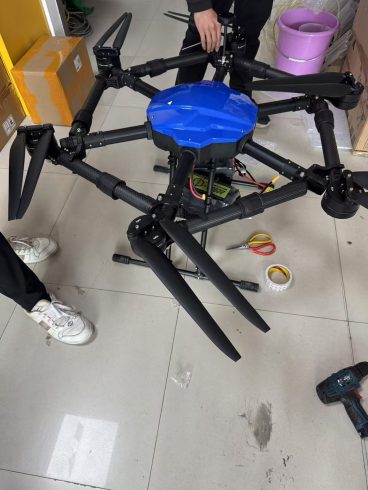
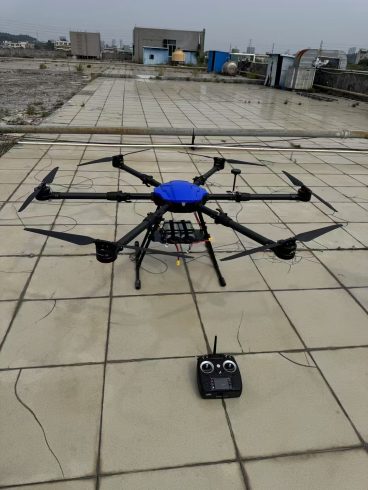
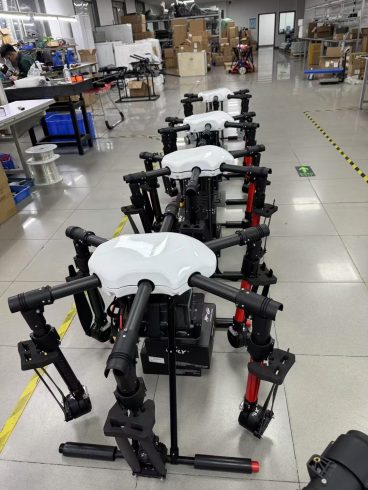
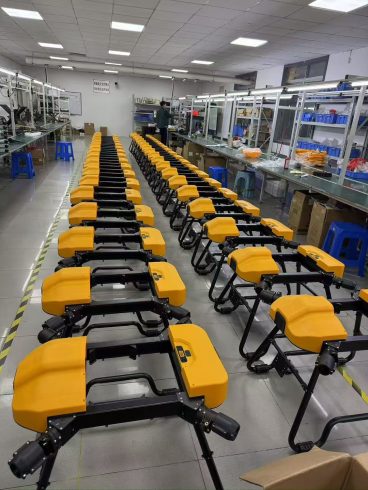
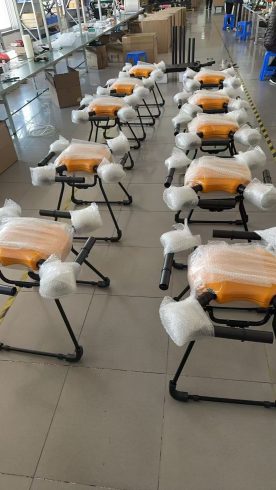
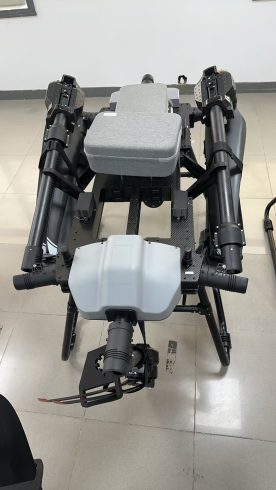
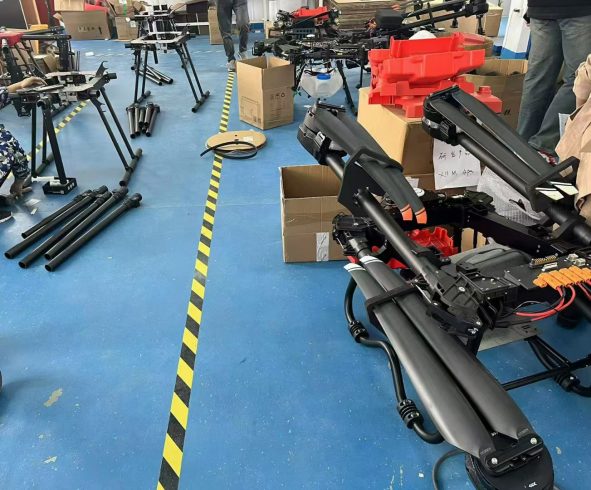
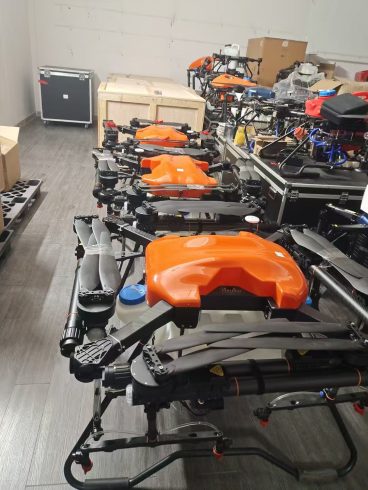
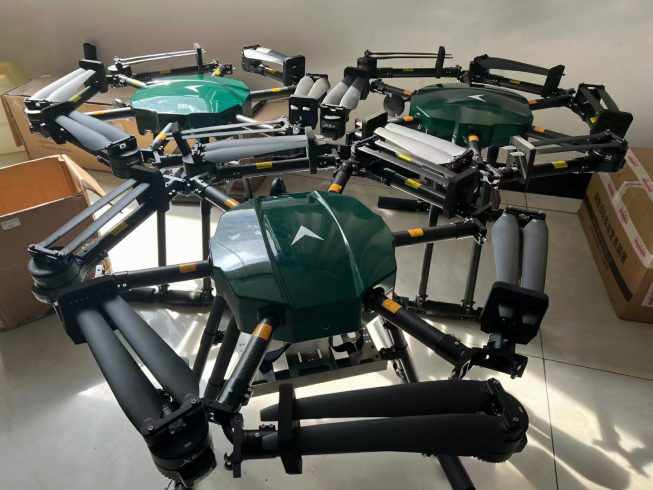
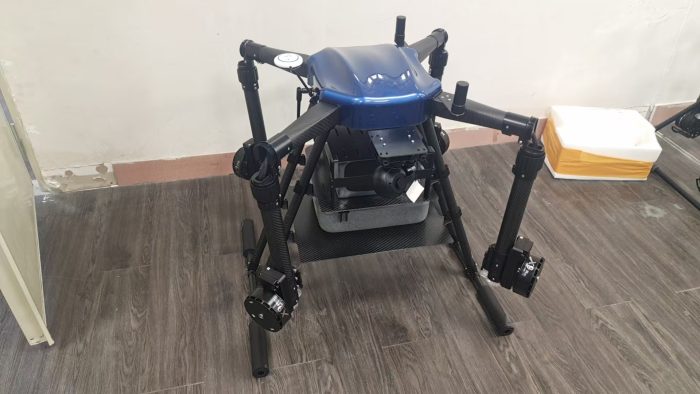

暂无评论内容